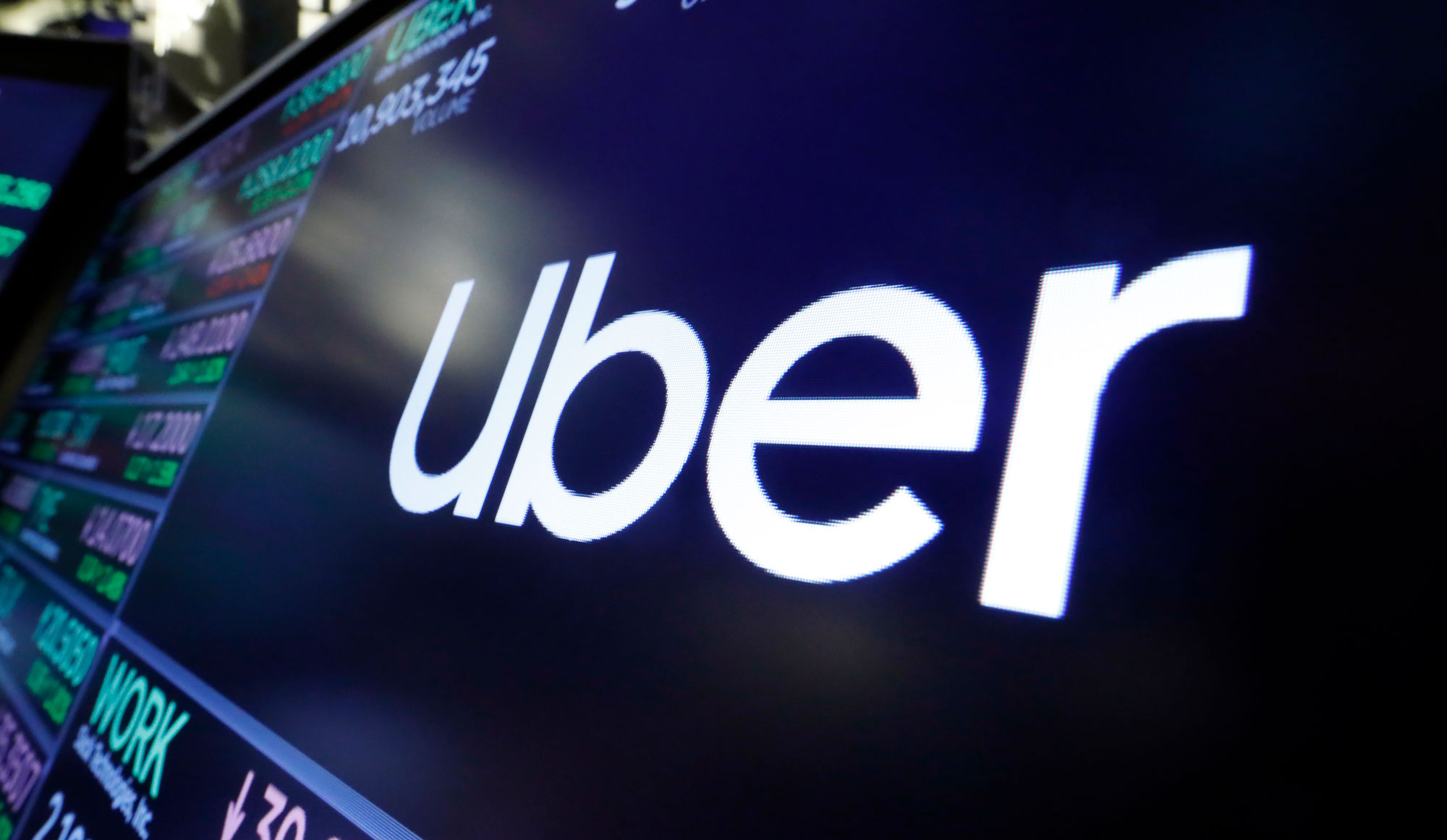Uber has just lost its license to operate in London

The news: London’s transport regulator has ruled that Uber cannot renew its license in the city because of a “pattern of failures” that put passenger safety and security at risk. The company has 21 days to appeal the decision and can continue to operate in the city during that time.
Why? The regulator, Transport for London, found out that more than 14,000 trips booked through Uber’s platform had been taken with uninsured drivers. It said the company was failing to do adequate checks on drivers, insurance, and safety, and breaches in these things had put passengers at risk. The biggest issue it identified was that a change to Uber’s systems let unauthorized drivers upload their photos to other drivers’ accounts, meaning customers couldn’t be sure they’d get the driver they had booked. Crucially, the regulator said it did “not have confidence that similar issues will not reoccur in the future, which has led it to conclude that the company is not fit and proper at this time.” Uber is likely to submit an appeal to overturn the decision.
The fallout: It will be a tense few weeks for the 45,000 drivers who work for Uber in the UK capital as they await a final decision over the future of their jobs. It won’t necessarily be a major blow to consumers, who can pick from one of the many other ride-hailing apps available, or get one of the city’s famous black cabs.
A long, bumpy road: Transport for London originally stripped Uber of its license in the city in 2017, after which judges granted a 15-month extension for it to continue providing its services. It was then granted a two-month probationary extension in September 2019.
The global picture: Uber has fought regulators around the world, and often lost, since it launched in 2009. The revelation it had created secret software named “Greyball,” which was used to block regulators from monitoring the app, went down particularly badly in London.
Sign up here to our daily newsletter The Download to get your dose of the latest must-read news from the world of emerging tech.
Keep Reading
Most Popular
Large language models can do jaw-dropping things. But nobody knows exactly why.
And that's a problem. Figuring it out is one of the biggest scientific puzzles of our time and a crucial step towards controlling more powerful future models.
The problem with plug-in hybrids? Their drivers.
Plug-in hybrids are often sold as a transition to EVs, but new data from Europe shows we’re still underestimating the emissions they produce.
Google DeepMind’s new generative model makes Super Mario–like games from scratch
Genie learns how to control games by watching hours and hours of video. It could help train next-gen robots too.
How scientists traced a mysterious covid case back to six toilets
When wastewater surveillance turns into a hunt for a single infected individual, the ethics get tricky.
Stay connected
Get the latest updates from
MIT Technology Review
Discover special offers, top stories, upcoming events, and more.